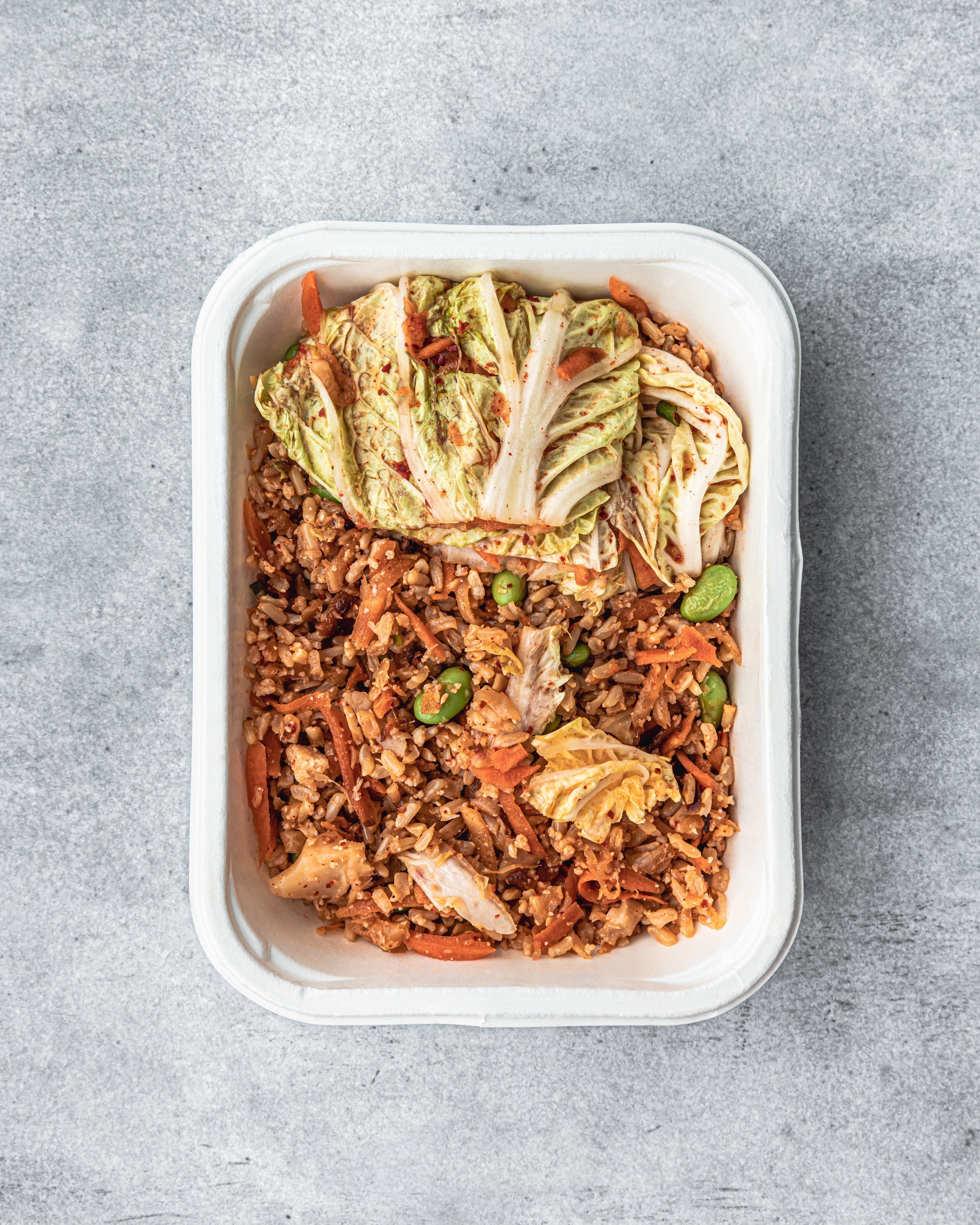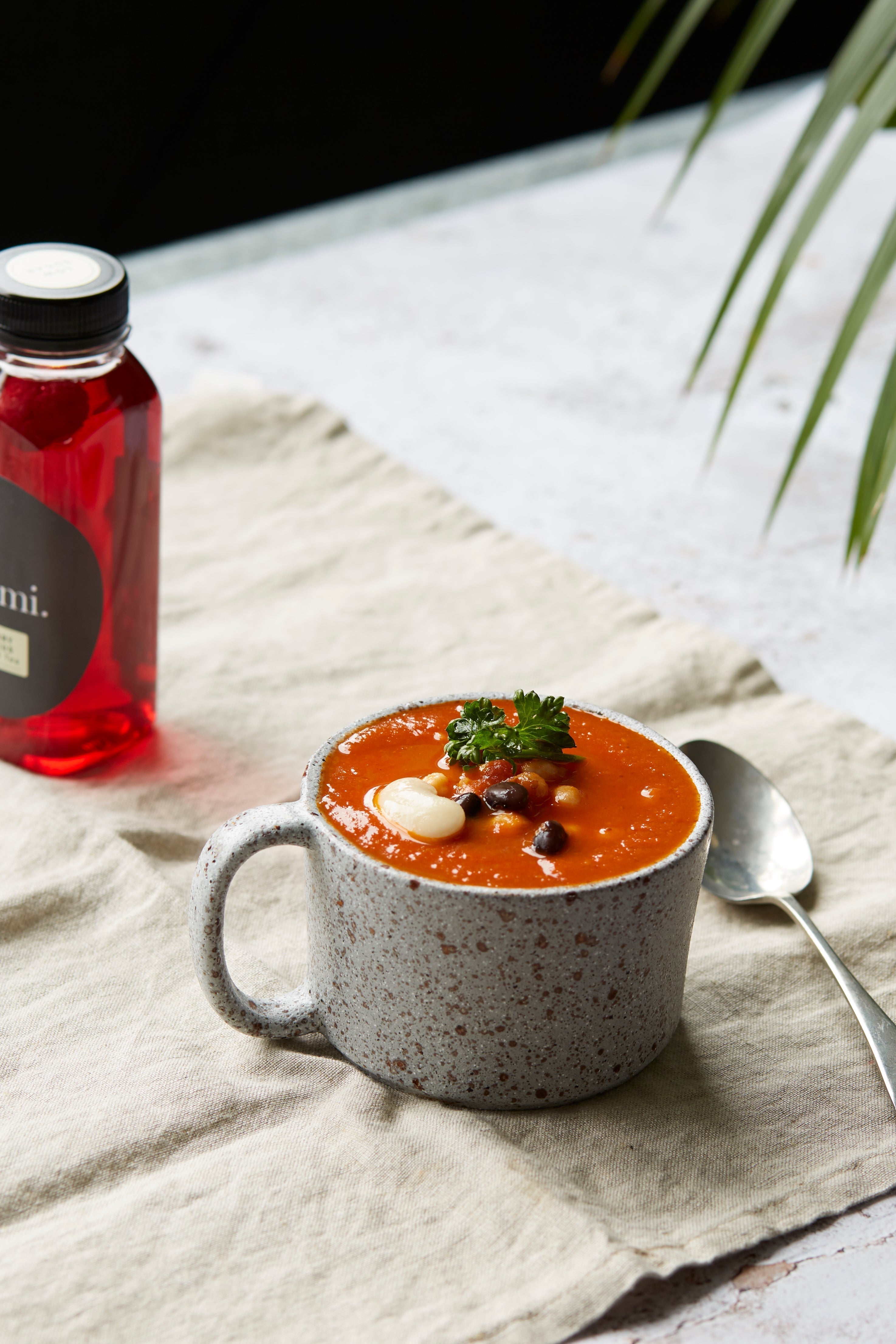
Collagen in Context: What It Is, What It Does, and Where It Belongs in a Balanced Diet.
In recent years, collagen has gone from a niche supplement to mainstream must-have. From powders stirred into lattes to collagen-boosting “beauty snacks,” it is often marketed as the secret to youthful skin, strong nails, glossy hair, and joint support.
But what is collagen, really? And does it deserve a daily spot on your plate, or is it just another wellness trend riding a wave of hype?
Let’s take a calm, science-backed look at collagen: its role in the body, how diet influences it, and where it belongs in a thoughtful, balanced approach to nourishment.
🧬 First, What Is Collagen?
Collagen is the most abundant protein in the human body. It acts as a structural component, essentially the “glue”, that holds skin, bones, muscles, tendons, and ligaments together. Your body produces collagen naturally, but as we age, production slows. This is where the buzz begins: with promises of “rebuilding” or “reversing” this natural decline.
🔍 Can You Eat Your Way to More Collagen? Sort of.
Here is the nuance: eating collagen does not directly insert collagen into your body. When you consume it, whether through food or supplements, your digestive system breaks it down into amino acids, which are then used wherever your body needs them.
So, yes, collagen-rich foods can be helpful, but they are not magic. And they are not a replacement for overall dietary quality.
To support your body’s natural collagen production, focus on:
-Protein: Not just collagen itself, but a variety of protein sources (plants and animals) provide the amino acids needed to build collagen.
-Vitamin C: Crucial for collagen synthesis. Think citrus fruits, peppers, berries, and leafy greens.
-Zinc & Copper: Trace minerals found in legumes, seeds, nuts, and shellfish also play a key role.
-Antioxidants: Found in deeply coloured fruits and vegetables, they protect collagen from breakdown caused by oxidative stress.
⚖️ Collagen Supplements: Helpful or Hype?
The research on collagen supplementation is still emerging, but early findings are cautiously optimistic, especially around skin hydration, joint comfort, and elasticity.
However, it is not a miracle fix. Collagen supplements may offer small, supportive benefits as part of a wider, nutrient-rich diet, but they will not replace the fundamentals: sleep, hydration, stress management, gut health, and overall food quality.
If you do choose to include collagen supplements, look for ones with transparency around sourcing, and always pair them with vitamin C to support absorption.
💡 So, Where Does Collagen Belong in a Balanced Diet?
Think of collagen as one piece of the puzzle, not the whole picture. Prioritising gut-loving, whole foods with enough protein, colourful plants, and healthy fats will do far more for your skin, joints, and overall vitality than relying on any single supplement.
At Kurami, we focus on building meals that support the body’s natural processes (collagen included) through balance, variety, and integrity. Whether it is a fibre-rich grain bowl with vitamin C-rich veg or a globally inspired dish with omega-3s and fermented flavours, your body will know how to use what you give it.
Try our Signature Paths and Nourish Now and enjoy the benefits of nutritious, delicious food, all day, everyday.



